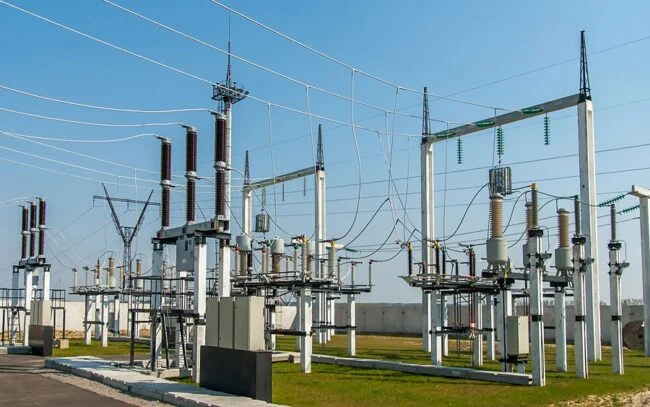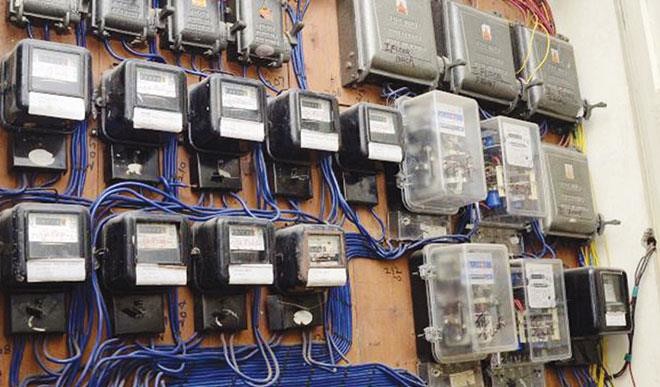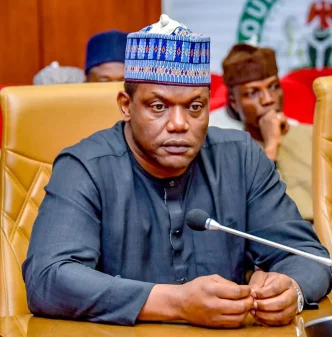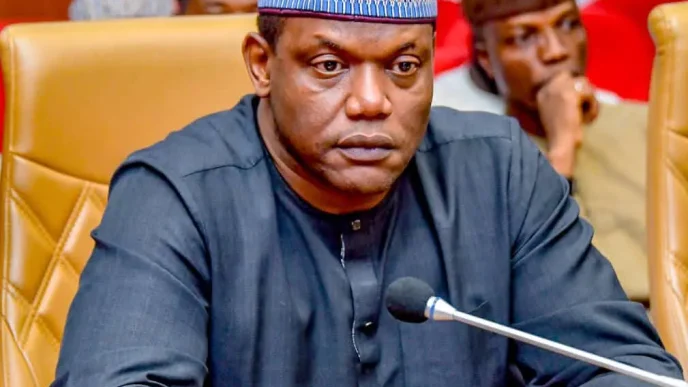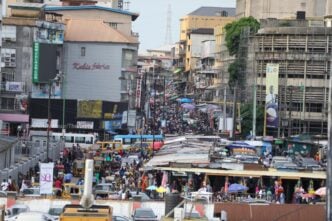Jennifer Adighije, the managing director of the Niger Delta Power Holding Company Plc (NDPHC), says the organisation plans to free and commercialise about 200 megawatts (MW) of its 2,000 MW stranded electricity by year end.
Stranded energy is the excess electricity generated by power plants that is not used or sold.
According to a statement on Monday, Adighije spoke during a visit to the newly established Nigerian Independent System Operator (NISO) in Abuja.
She said the plan will be executed through the signing of new power purchase agreements (PPAs) with eligible off-takers and traders.
Advertisement
The NDPHC MD said the agreements, which are currently awaiting regulatory approval, are part of a broader strategy to unlock stranded capacity, improve liquidity, and ensure commercial sustainability of the government-owned generation company.
Adighije, who led a delegation of senior executives to the NISO, said now that “we’re also improving our mechanical availability, we can significantly improve on commercialisation of our stranded electricity”.
“The Electricity Act (EA) has also empowered us now to go into successful bilaterals with bankable customers, off-takers and traders and I can tell you that we have already signed some PPAs with some traders and some off-takers, which are before the regulator for approval,” she said.
Advertisement
“I’m sure you know that for us to activate those transactions, we will need to get the approval of the regulator, which is already ongoing.
“So before the end of the year, we should be able to commercialise about 200mw of our stranded electricity, which are (awaiting) approvals before the Nigerian Electricity Regulatory Commission (NERC) as we speak.”
Adighije said the recent improvement in plant availability has positioned the NDPHC to ramp up supply and meet off-taker demands once the regulatory green light is received.
She said the revival of key assets, including the Omotosho and Alaoji power plants, will further enhance generation capacity.
Advertisement
Adighije said NISO’s support for improved dispatch levels is critical, especially given the company’s lack of a formal PPA with the Nigeria Bulk Electricity Trading (NBET) Plc.
She said without stable offtake arrangements, much of the NDPHC’s available capacity will remain underutilised.
‘NDPHC EARNS ONLY 30% OF INVOICES’
The NDPHC boss also said the company is still heavily owed and able to earn only about 30 percent of its invoices.
Advertisement
Adighije said once the NDPHC is able to unlock some of its ongoing commercial transactions and improve its cash flow, all its obligations to partners and stakeholders will be fully met.
She said the implementation of the Electricity Act has further elevated NISO’s role in shaping the evolving energy market.
Advertisement
The NDPHC boss further stressed the need for regulatory fairness and greater sensitivity to the procedural bottlenecks public firms face, particularly in procurement and financial approvals.
Part of the reasons for the visit, she said, was to extend a handshake to the new management of the organisation and express the company’s readiness to work with the NISO.
Advertisement
Adighije said building a strong, collaborative relationship with the new NISO leadership is key, calling for a better understanding of the bureaucratic limitations often faced by government-owned power firms.
The NDPHC boss also highlighted the disparity in the treatment of public and private generation companies.
Advertisement
She urged the NISO to reflect the company’s vast contributions to Nigeria’s transmission infrastructure when issuing directives or enforcing compliance.
